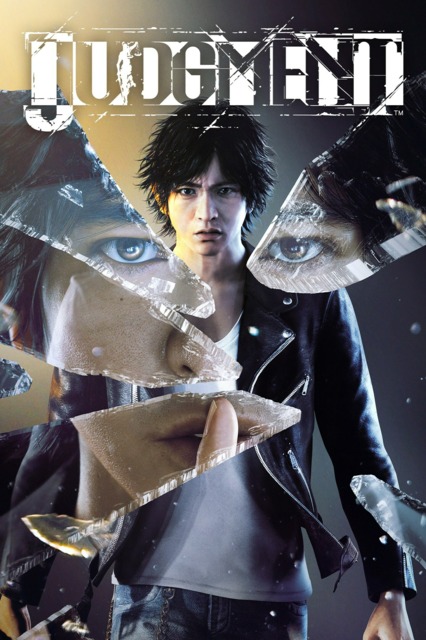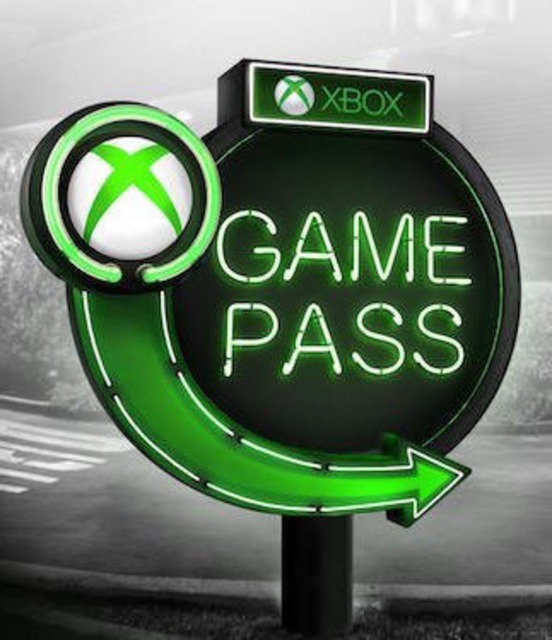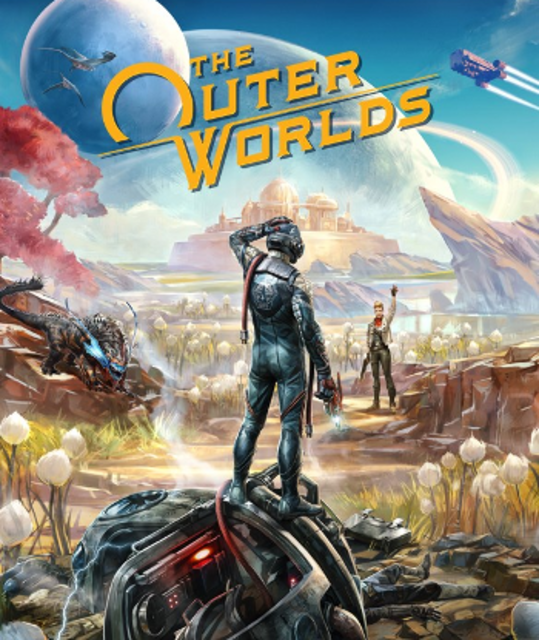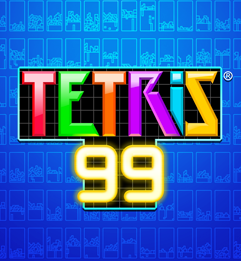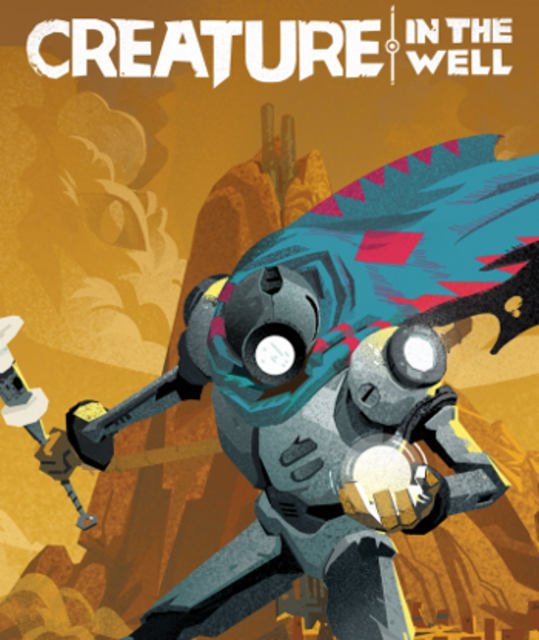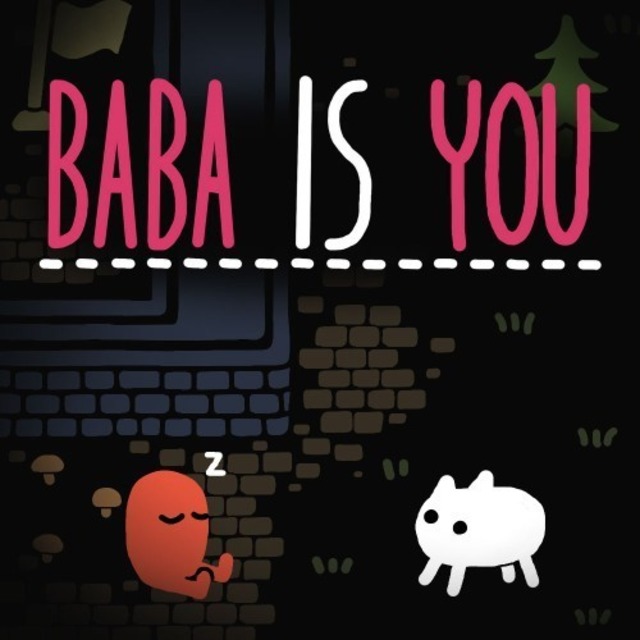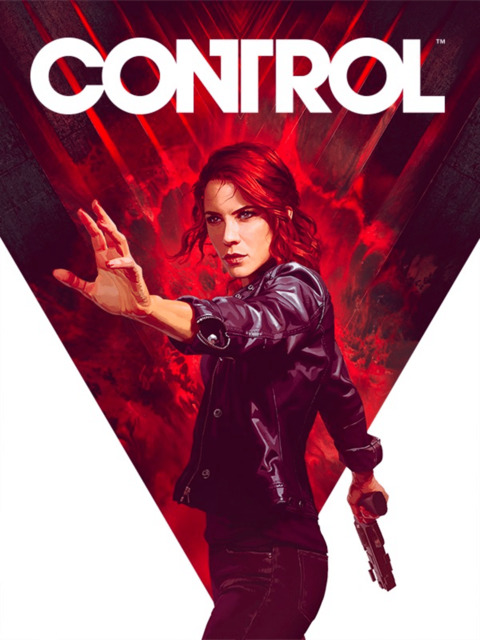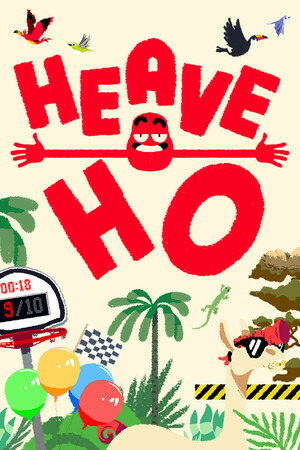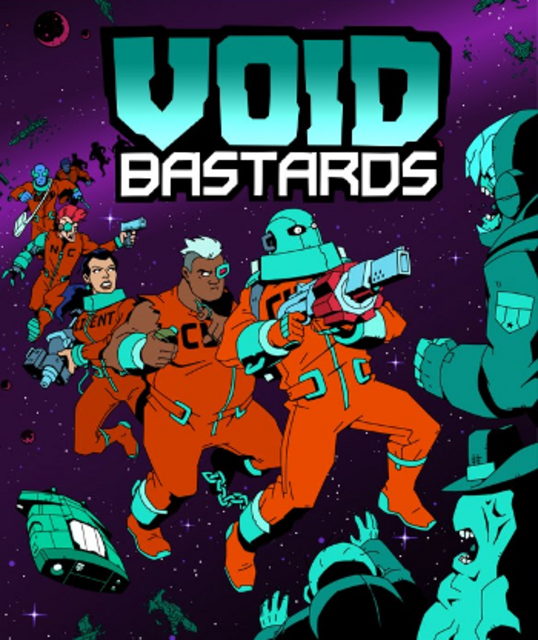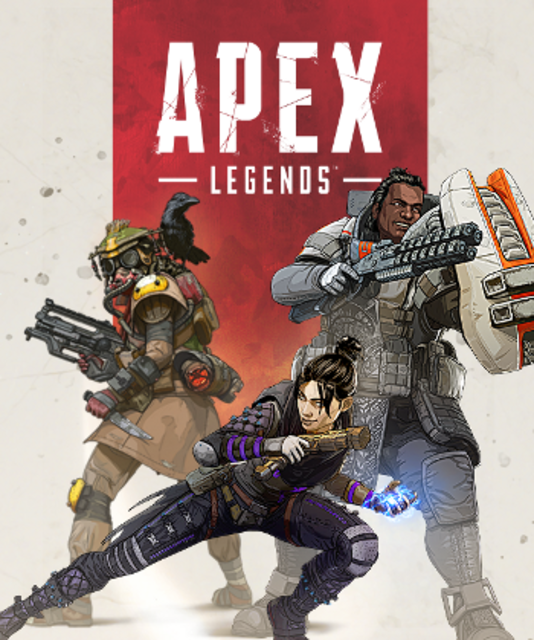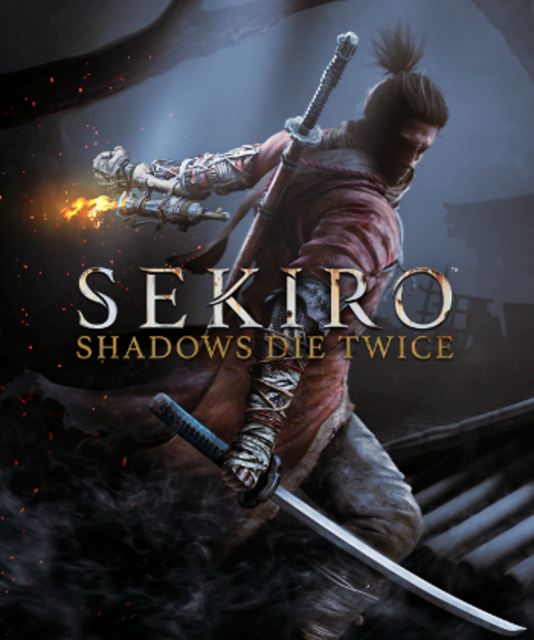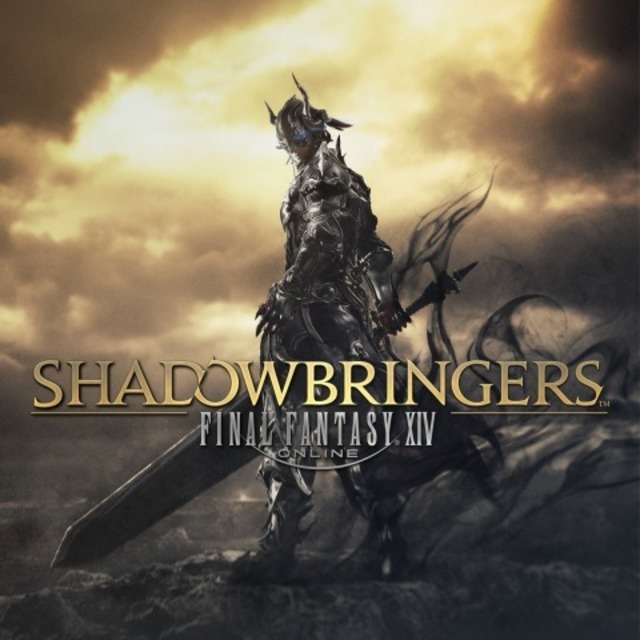[#1] I wish I could offer my opinion of this game on its own merits, because it does deserve to be evaluated of itself, instead of via comparison. Having said that, I've spent 7000 hours playing World of Warcraft, and about 1000 playing FFXIV, so... I can't help myself. FFXIV and World of Warcraft are both, first and foremost, treatises on war. But where WoW is about working endlessly to wage conflict, FFXIV is about working tirelessly to resolve conflict.
In WoW, it always felt like I was meandering from place to place simply supplying garrisons, or carrying out contracted killings, or clearing out areas for invasion and colonization. I was asked to pick sides. I would fight one big bad simply to reveal another. I gathered ore to make weapons. I took up enchanting to empower armor. I crafted wars.
In FFXIV, what sticks with me is the times I am asked to mediate disputes. To help refugees not solely through feeding them and locking them away, but providing them active roles in rebuilding their lives. To heal a nation whose citizens have been misled into centuries of unfounded war. I cook not merely to feed soldiers, but to help a restaurant combat a crooked food critic. I scavenge battlefields for relics not to fund war, but to fund reconstruction.
This is not to say that FFXIV doesn't engage in warcraft or even revel in military glory. But it earns the right to do so because it always, always makes sure to ask where does this conflict end, where does the healing begin, and it always tries to provide an answer. War in Warcraft feels obligatory and omnipresent, and yet is not treated with the gravity it deserves. When Warcraft countenances the existence of the displaced, of the downtrodden, of the innocent, it is not in a way that maps onto the real world. People die when they are killed, and that is that. When a war ends, that war ends, and some other war begins. The prior war only exists insofar as it can be used to justify further war.
I do not necessarily like FFXIV for its gameplay, though it does eventually have good gameplay. I do not necessarily like FFXIV for its main storyline, though its main storyline does eventually get very good. I like FFXIV because it feels like a living, breathing world, because its inhabitants desire and live lives outside of conflict. Even its antagonists are often driven to use force because they want to resolve a conflict, because they want healing or respite or order -- but this is presented as motivation, it is not presented as justification.
In FFXIV, I help a restaurant maintain its professional credibility. I help a journalist get a hot scoop about how a farmer seeking better crops is hampered by religious dogma. I help a geisha-in-training express herself through her attire and eventually learn why people value tradition. I help a woman restore heirlooms because people do not merely need food and shelter after apocalypse, they need memories upon which to build a new world. I attempt to bridge the gap between two peoples who were formerly at war by revealing a shared history, and I do not necessarily succeed right away -- that story proceeds to this day. I help a man convince a fishing community that we cannot merely deal in the short-term solution of providing a voluminous food supply, we need a well-rounded diet to prevent malnutrition.
FFXIV is packed to the fucking brim with stories about people who live despite conflict, not in service to conflict. These stories (generally, but not always) are thoughtfully written and lovingly localized. And as a player, you not only get to take part in seeing those stories, you can tell your own -- players hold costume competitions, seek work as interior designers, hell, you can busk in this game if you want to. I do not think it is perfect, and I do not always agree with its conclusions. But as a game that deals with war it shows its work in a way that most games refuse to, and I am still exploring it because I want to know more about its lives, its peoples, and its histories.

